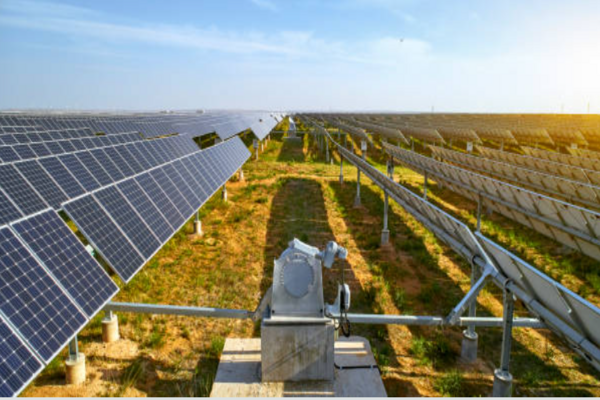King Abdullah City for Atomic and Renewable Energy (KACARE), along with the Saudi Water Authority (SWA), has completed a pilot water desalination system in Riyadh. The system combines solar thermal energy with forward osmosis technology. It was developed by a team from KACARE and SWA’s Water Technologies Innovation Institute and Research Advancement (WTIIRA).
The Riyadh project is part of a national program focused on renewable energy applications. The pilot system uses concentrated solar power to generate heat for the forward osmosis process. This process is an alternative to traditional desalination methods.
The integrated system was designed to operate using only solar thermal energy. It does not rely on fossil fuels or grid electricity for its main operations. The desalination method used in the project reduces wastewater production by 20% compared to conventional reverse osmosis systems.
The system is intended to limit environmental impact, particularly in reducing brine discharge into marine areas. The project team did not release data on the daily or total capacity of the pilot facility but indicated the design is scalable.
KACARE, which was founded in 2010, works on research and implementation of nuclear and renewable energy technologies in Saudi Arabia. It collaborates with government and academic institutions both locally and internationally.
This project is among several initiatives in Saudi Arabia that aim to test or demonstrate renewable energy systems. Another lesser-known project in Al-Qassim Province involves solar-powered irrigation systems on small farms. These systems use photovoltaic panels to run water pumps and are installed in 20 pilot locations with a combined capacity of 250 kilowatts.
In Tabuk, a rooftop solar program has equipped public schools with small-scale systems totaling 500 kilowatts. These installations provide daytime electricity and are being monitored for future scaling to more schools.



